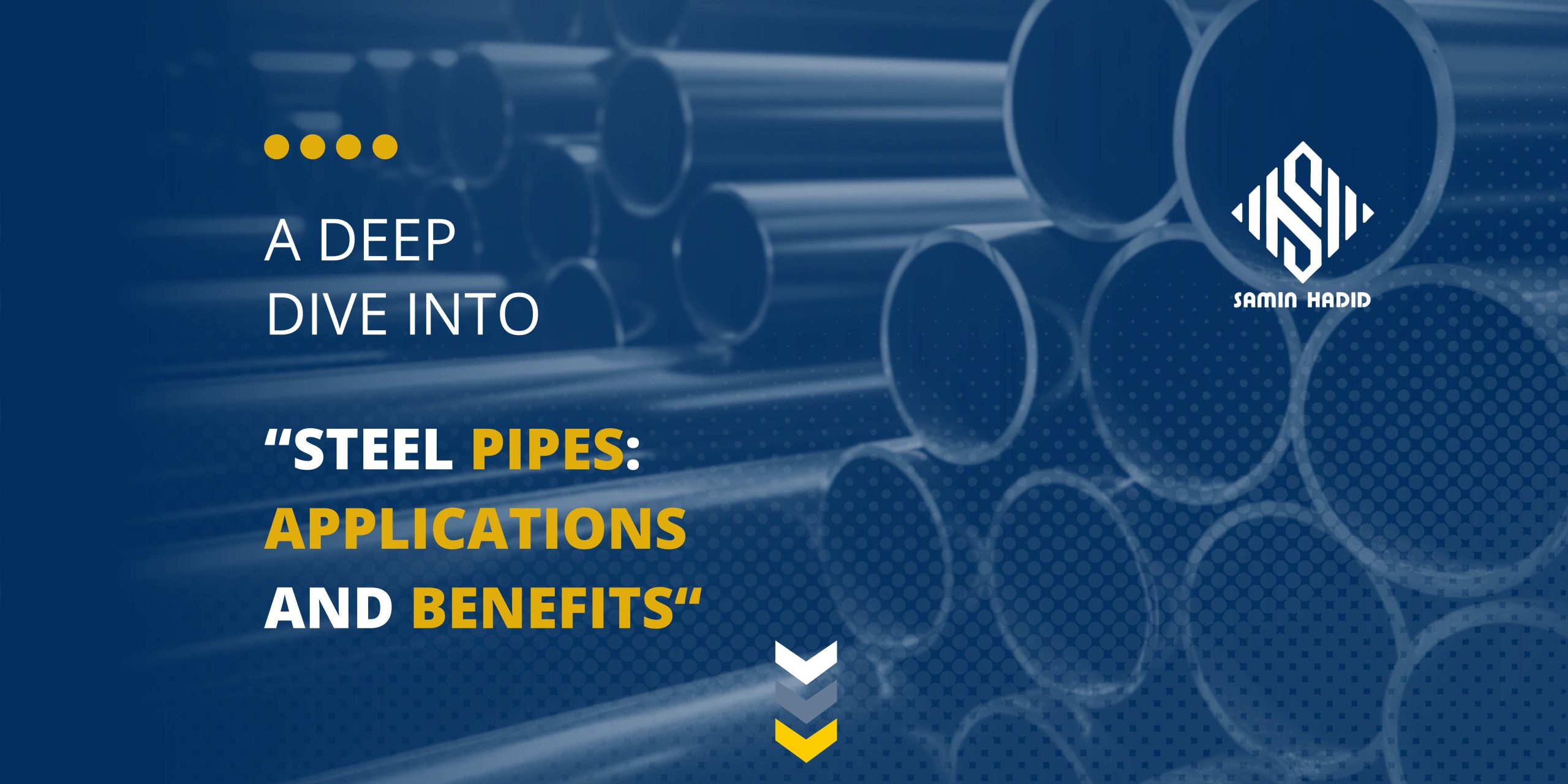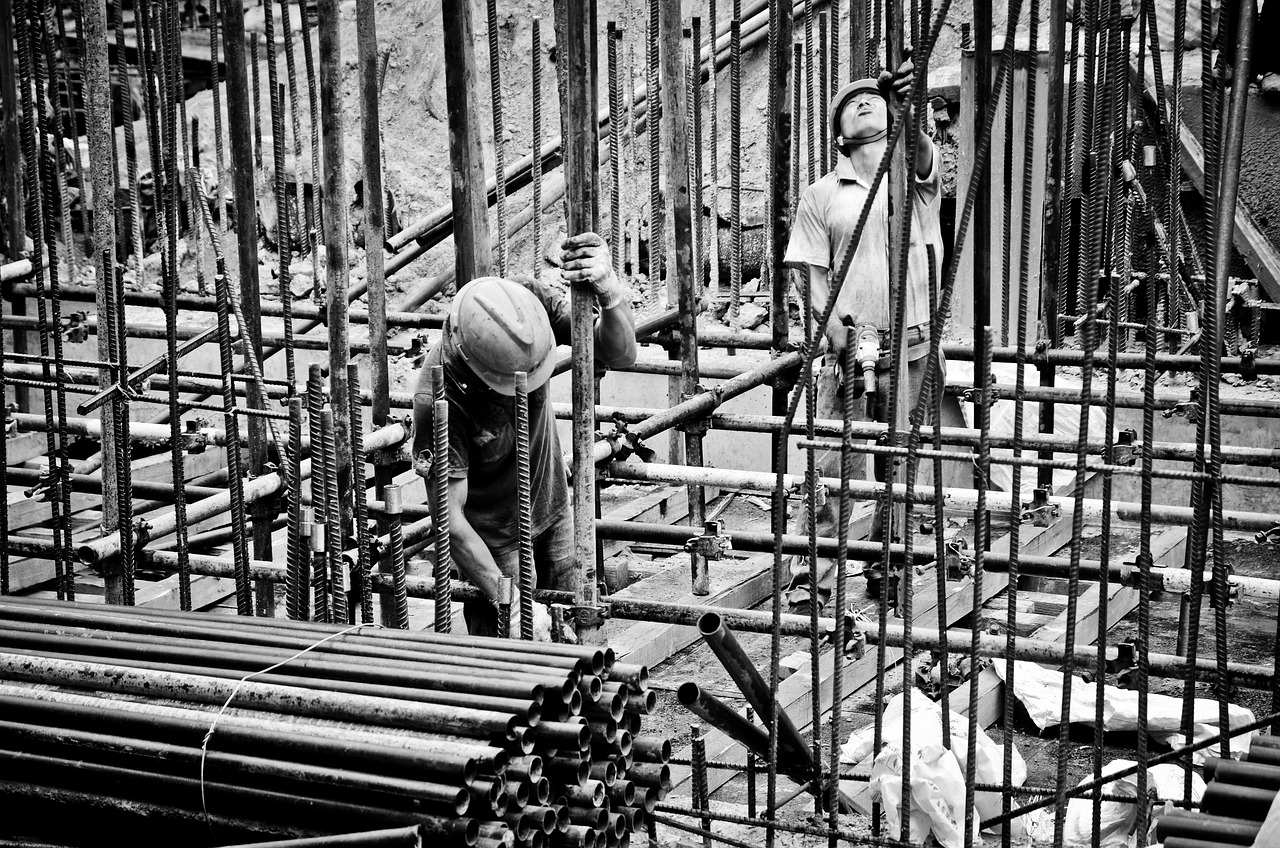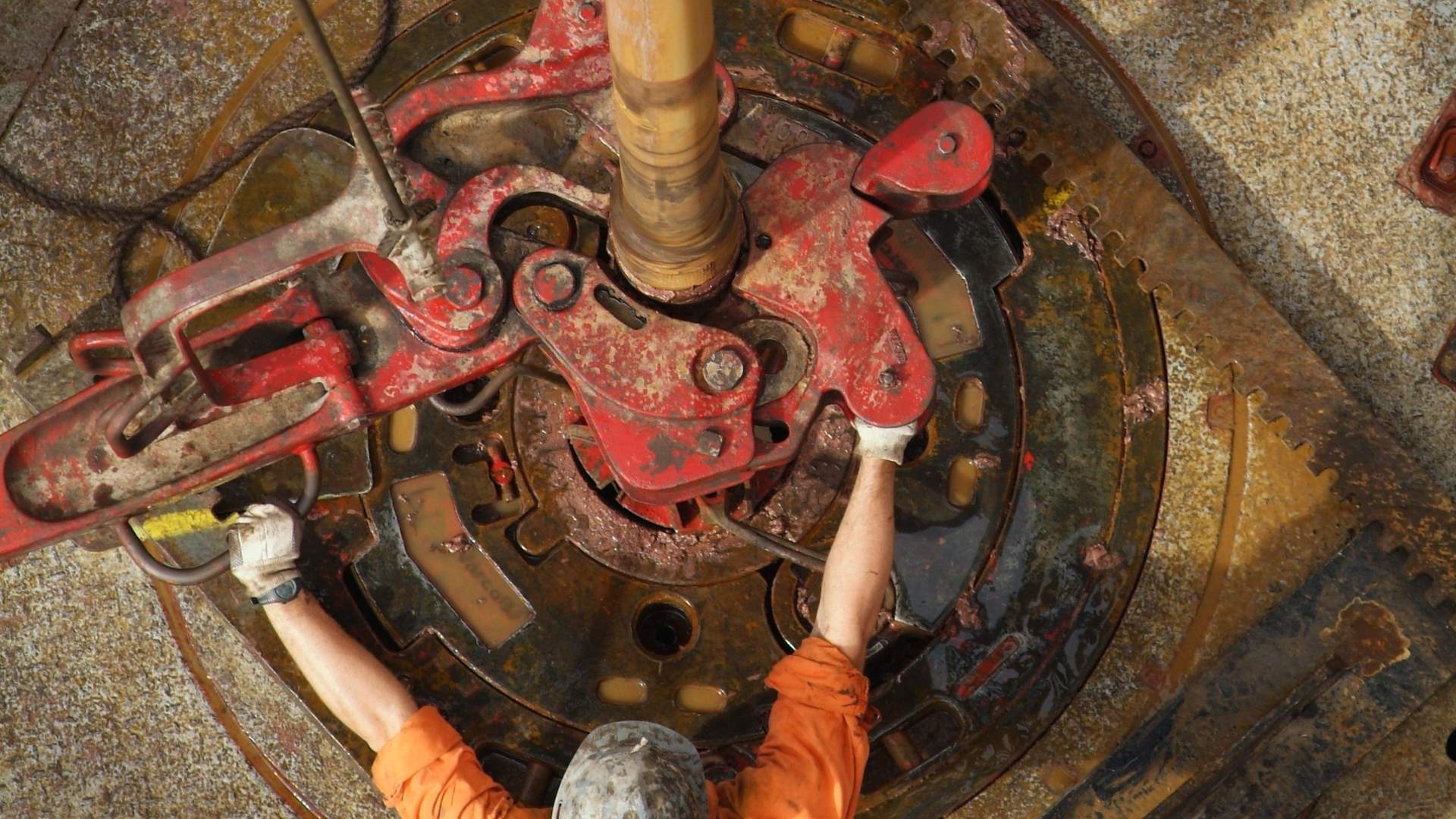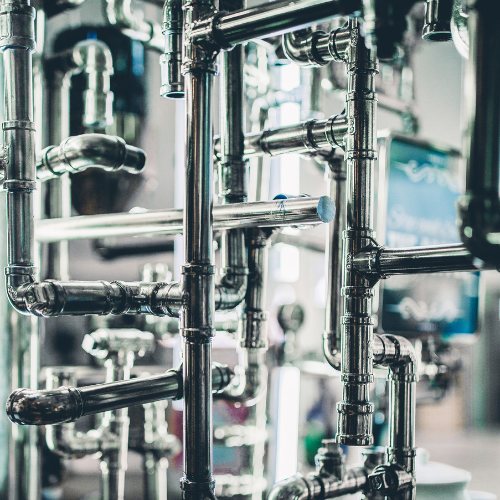

Temporary structures made of steel pipes support workers and materials during construction, renovation, and maintenance.
Steel pipes are used to transport water and gas within buildings and across cities, ensuring a reliable and safe supply.
In drilling rigs, steel pipes are used to construct the drill string, casing, and tubing, which are essential for extracting oil and gas from underground reservoirs.
Steel pipes are used in refineries to transport crude oil, chemicals, and other fluids during the refining process.


Steel pipes are used to construct robust and durable sewage and drainage systems.
Steel pipes are preferred for fire sprinkler systems due to their strength and ability to withstand high temperatures and pressure.
Steel pipes are known for their exceptional strength and durability. They can withstand high pressure, heavy loads, and harsh environmental conditions, making them ideal for various applications.
With proper coatings and treatments, steel pipes exhibit excellent resistance to corrosion, extending their lifespan and reducing maintenance costs. This is particularly important in industries like oil and gas, where pipes are exposed to corrosive substances.
Steel pipes come in various sizes, thicknesses, and grades, allowing them to be tailored to specific needs. This versatility makes them suitable for a wide range of applications, from small plumbing systems to large-scale industrial projects.
While the initial cost of steel pipes may be higher than some alternatives, their durability and low maintenance requirements make them a cost-effective choice in the long run. They offer a good return on investment due to their longevity and reliability.